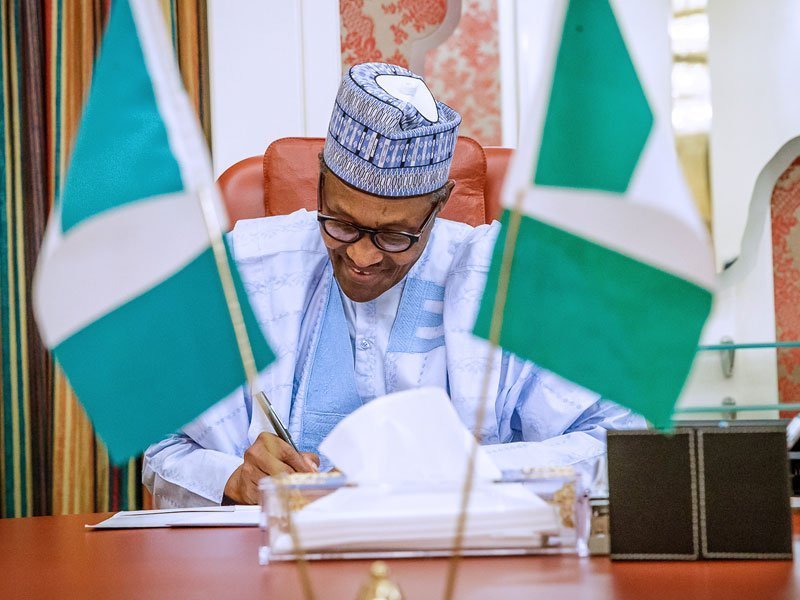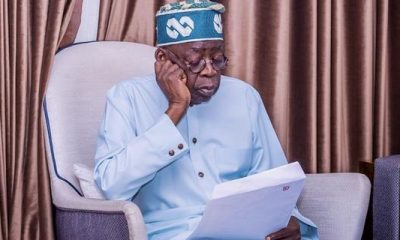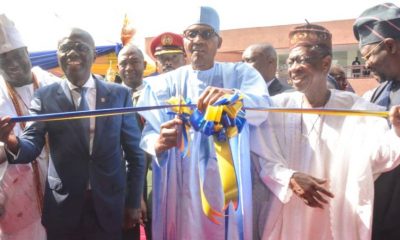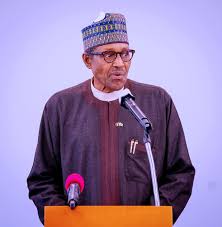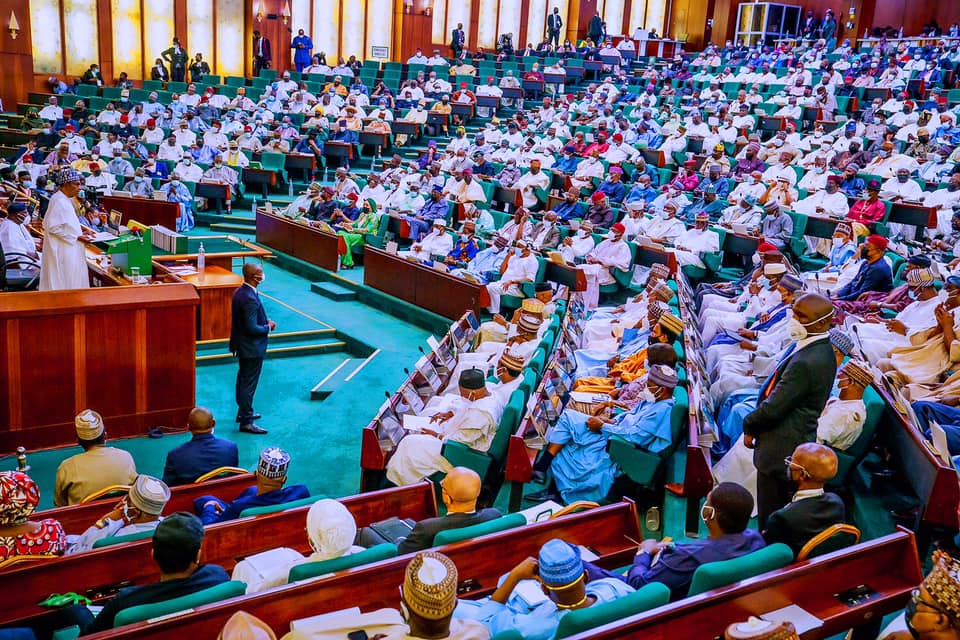The President, Muhammadu Buhari has reportedly declined assent to the Electoral Act (Amendment) Bill, as the 30-day window for him to assent the bill has elapsed.
According to the Nation this has led to a disquiet December 19, among members of the National Assembly, who were locked in series of meetings to articulate their response to the alleged denial of assent.
The President had returned to the country from Istanbul, Turkey, over the weekend, where he attended the third Turkey-Africa Partnership Summit, hosted by Turkish President, Recep Tayyip Erdogan.
The President had 30 days to sign or decline assent to the bill, following its transmission to the National Assembly on Novembers 19, 2021. Though the one month window closed yesterday; lawyers argued that the President still has one day of grace to make up for yesterday, which was a work-free day.
A source who told the publication that the President was advised by the Attorney-General of the Federation, Abubakar Malami to decline assent as the constitution is silent on the mode of primary that parties should adopt, revealed that Buhari accepted the advice.
President Buhari’s Senior Special Assistant on Media and Publicity, Garba Shehu also confirmed yesterday that his principal has communicated his intention on the bill to the National Assembly.
In the interview on Channels Television, Shehu declined to disclose the content of the memo, saying that he was not authorised to do so.
He said;
“The president has communicated his intention to the National Assembly and the National Assembly will communicate the president’s decision to Nigerians in due course.”
When asked if the President’s communication was yes or no, Shehu declined to respond to the question and also appealed to Nigerians to remain calm as any decision taken by the President is in the best interest of the country.
The Nation also reported that some sources claimed the Senate deliberately delayed the passage of the 2022 Budget in a bid to convey the legislators’ displeasure about the President’s stand on the direct primary clause.
A senator, who spoke on the condition of anonymity, said senators and representatives were unhappy that the President has dilly dallied in signing the bill.
The lawmaker said;
“The President motivated the bill, particularly the retention of direct primary in the proposed act. It is therefore, surprising that he has contributed to the anxiety and confusion by not signing it up till now.”
The senator disclosed that there was a consensus opinion in the Upper Chamber that the passage of next year’s budget should be postponed to this week, adding that it underscored the protest against the delayed assent.
Governor Nyesom Wike also said yesterday December 19, that he would not be surprised if the President withheld assent to the bill. He maintained that direct or not direct primary was not the problem, but electronic transmission of results.
Wike said;
“It was very clear that the President was not going to sign. Direct or not direct primary was not the problem, but the major issue is electronic transmission of results.
“The issue here is not about direct or indirect primary. They only used that as a reason Mr. President declined his assent. I can tell you that the President is not signing because of the electronic transmission provision in the bill.”
Publicity Secretary of the PDP Debo Ologunagba on his own part said inclusion of direct primary in the bill is offensive and should be removed.
Ologunagba said;
“The PDP is not in support of one mode of primary. This is a battle within the APC alone. That inclusion in the Act is offensive and should be removed. The PDP believes it is the right of party to determine how to produce candidates for any election.”

 Health1 week ago
Health1 week ago
 Crime1 week ago
Crime1 week ago
 Latest1 week ago
Latest1 week ago
 Latest6 days ago
Latest6 days ago
 Health6 days ago
Health6 days ago
 Business1 week ago
Business1 week ago
 Football6 days ago
Football6 days ago
 Business1 week ago
Business1 week ago
